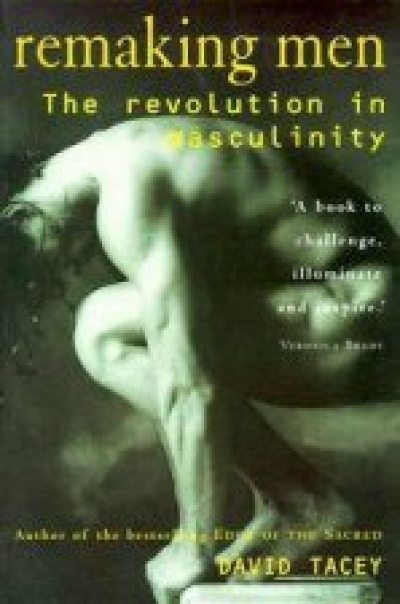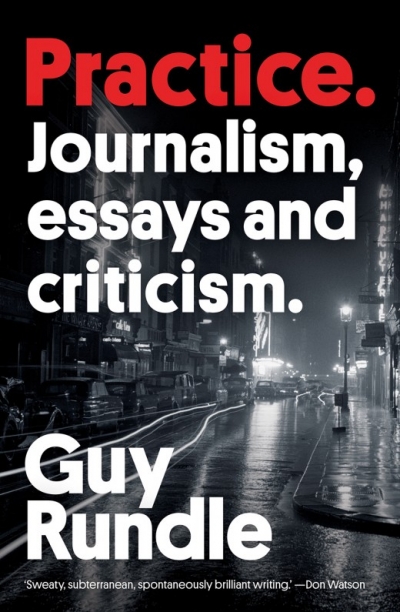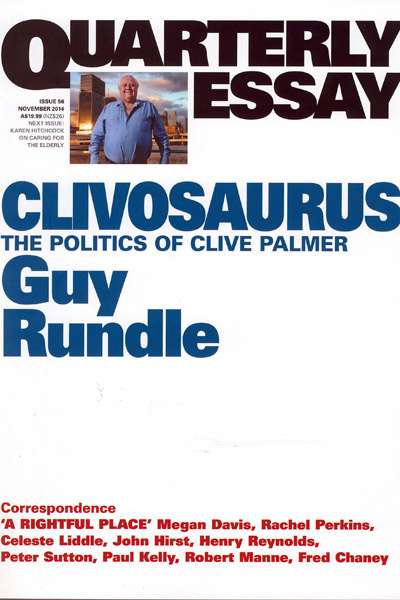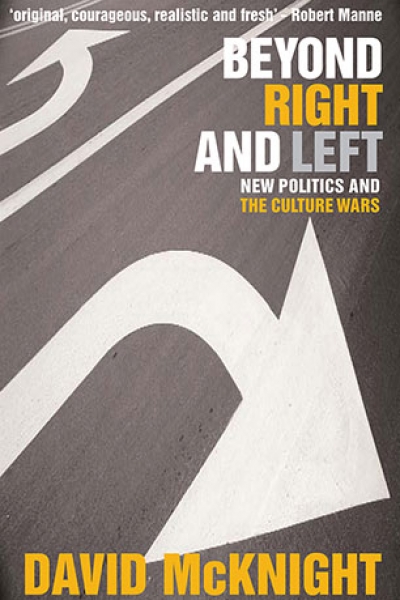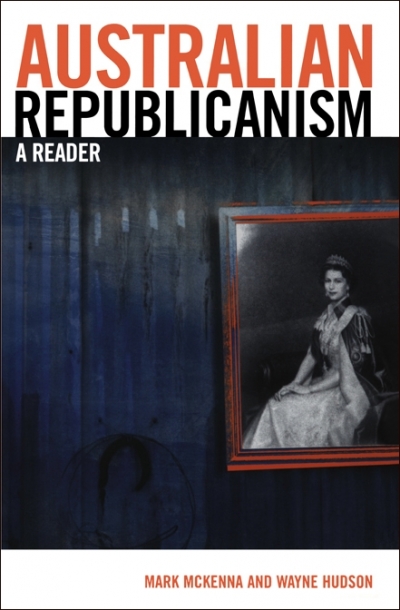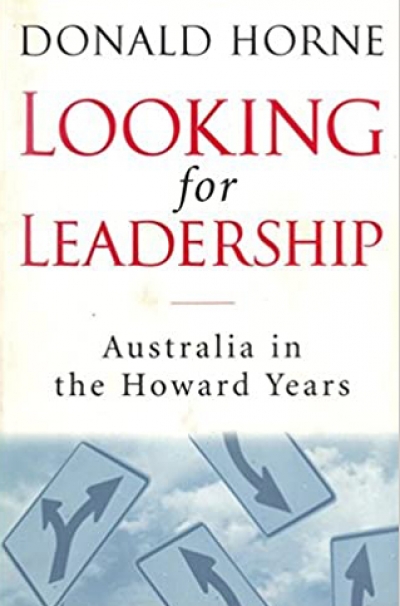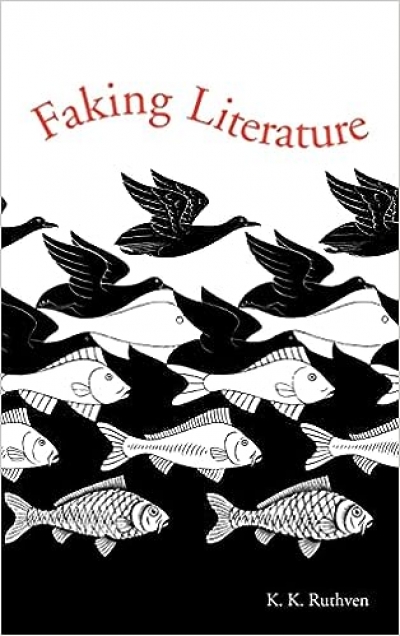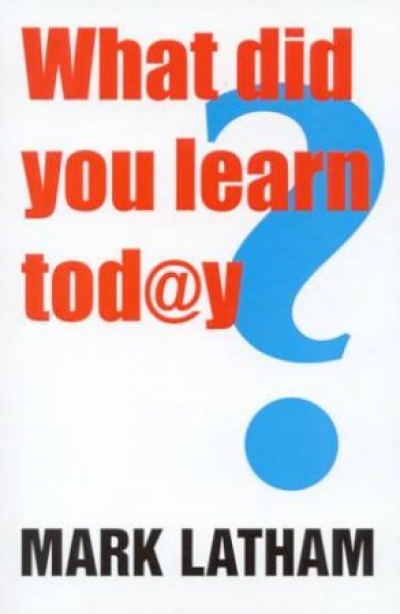Guy Rundle
Remaking Men: The revolution in masculinity by David Tacey
by Guy Rundle •
Clivosaurus: The politics of Clive Palmer (Quarterly Essay 56) by Guy Rundle
by Shane Carmody •
Books Alive
Dear Editor,
Jeremy Fisher criticises the 2005 Books Alive campaign (Letters, ABR September 2005) for failing to do things it was not set up to do, and then acknowledges that it does the things it was set up to do extremely well. Fisher says: ‘The ASA has no issue with increasing the sales of Australian books. But that no longer appears to be the focus of Books Alive. Books Alive had the potential to be a unique opportunity to promote Australian literary culture. It has mutated into “an Australian Government initiative that aims to encourage all Australians to experience the joys of reading”.’
... (read more)Beyond Right and Left: New politics and the culture wars by David McKnight
by Guy Rundle •
Australian Republicanism: A reader by Mark McKenna and Wayne Hudson
by Guy Rundle •
Looking for Leadership: Australia in the Howard Years by Donald Horne
by Guy Rundle •

